Story
PML championing Deep Sea Biodiversity and Sustainable Ocean Planning at the 2025 UN Ocean Conference
05 June 2025
A delegation of PML scientists and other experts will be in Nice for the June event
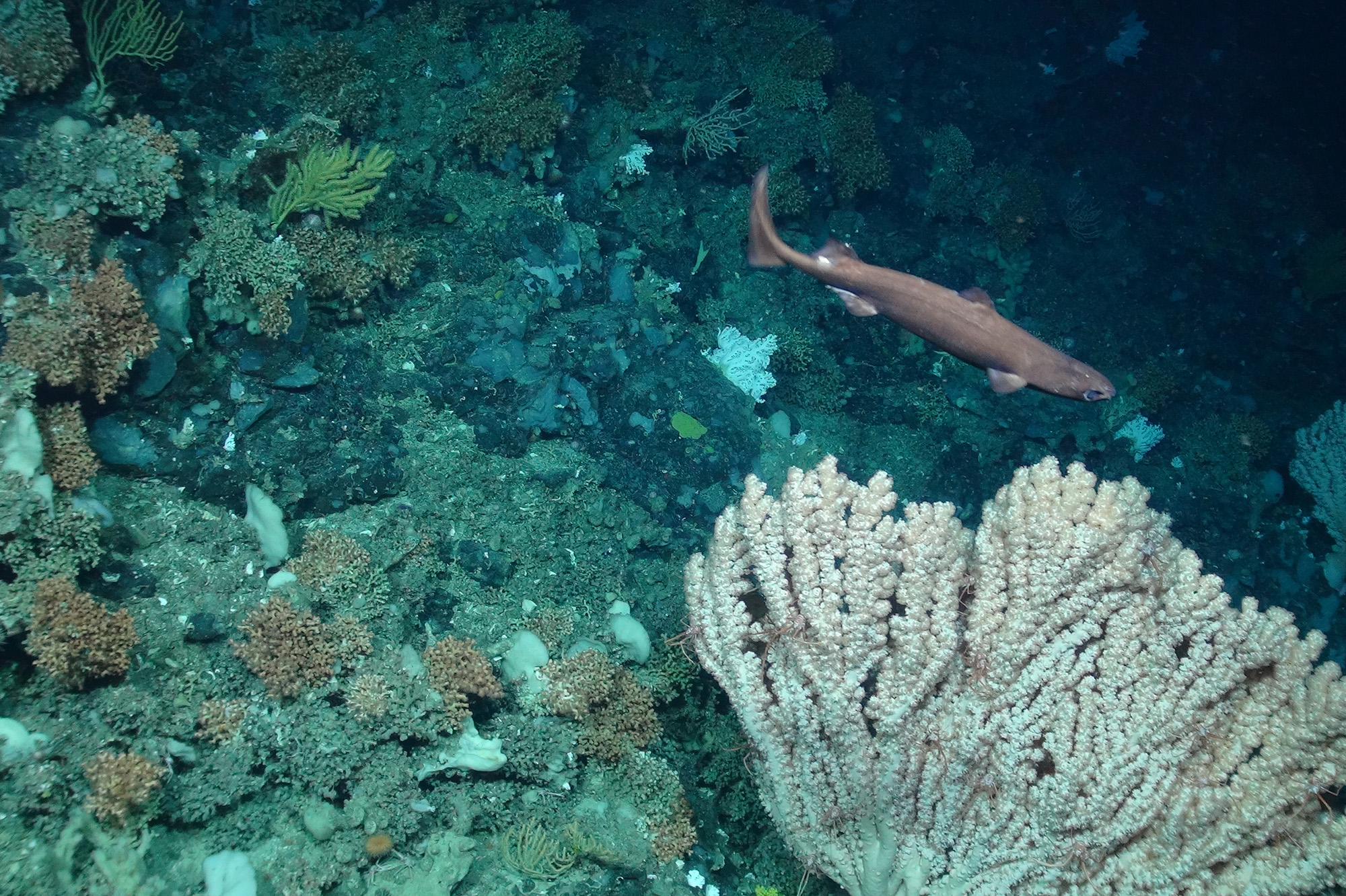
Plymouth Marine Laboratory (PML) will play a significant role in the upcoming 2025 UN Ocean Conference taking place in Nice, France, from June 9-13, 2025.
Co-hosted by France and Costa Rica, the event brings together Governments, UN bodies, intergovernmental organisations, financial institutions, NGOs, academics, the scientific community, private sector, Indigenous Peoples, local communities and other groups under the overarching theme of “Accelerating action and mobilizing all actors to conserve and sustainably use the ocean”.
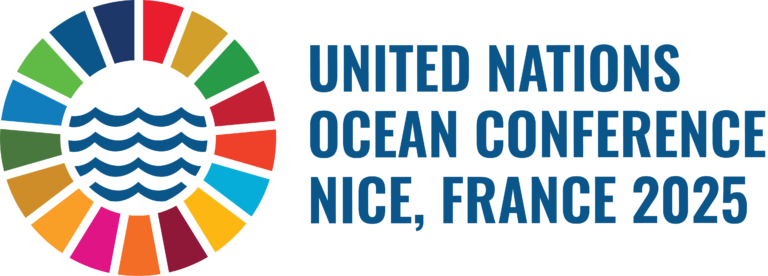
Building on previous UN Ocean Conferences held in New York (2017) and Lisbon (2022) the event will culminate in the adoption of the Nice Ocean Action Plan, comprising a political declaration and voluntary stakeholder commitments, aimed at accelerating progress on Sustainable Development Goal 14 (SDG14 – currently the least funded of all SDGs) which focuses on conserving and sustainably using oceans, seas, and marine resources.
Key areas of focus for PML in Nice will include deep sea ecosystems and the importance of climate-smart marine spatial planning (CSMSP).
Professor Kerry Howell, Professor of Deep-Sea Ecology, is among the delegation of PML scientists and other experts attending in person. Currently pioneering the use of advances in AI to identify deep sea marine life (and recently selected as one of the inaugural grantees in the Bezos Earth Fund’s AI Grand Challenge), Prof Howell will be convening a strategic meeting on June 10th, bringing together key partners to discuss the potential for Atlantic scale coordination of activities focused on deep-sea biodiversity.
She said: “The deep sea plays a crucial role in global climate regulation and biodiversity conservation yet it remains one of our planet’s least understood frontiers, harbouring unique species and habitats, and with potential scientific breakthroughs we can only begin to imagine.
While new technologies and advances in AI are revolutionising our ability to explore and identify deep-sea marine life, we are still only beginning to comprehend the immense value these systems provide to our planet. UNOC is a valuable opportunity to bring together many of the actors in this space and we’re looking forward to galvanising action on increased research and protection for these vital ecosystems.”
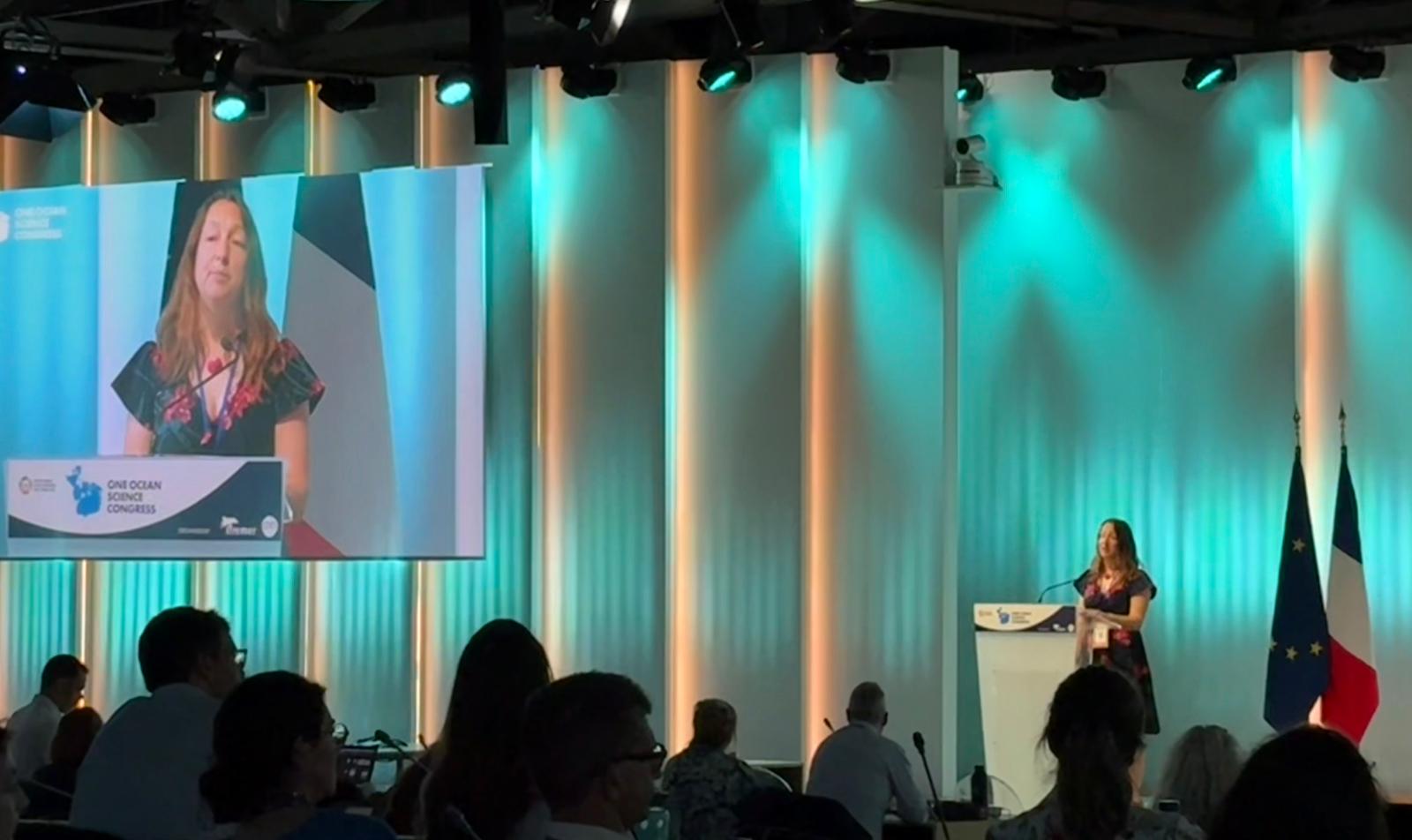
Image caption: PML’s Professor Kerry Howell speaking at the One Ocean Science Congress this week in Nice, held the week before the UN Ocean Decade Conference.
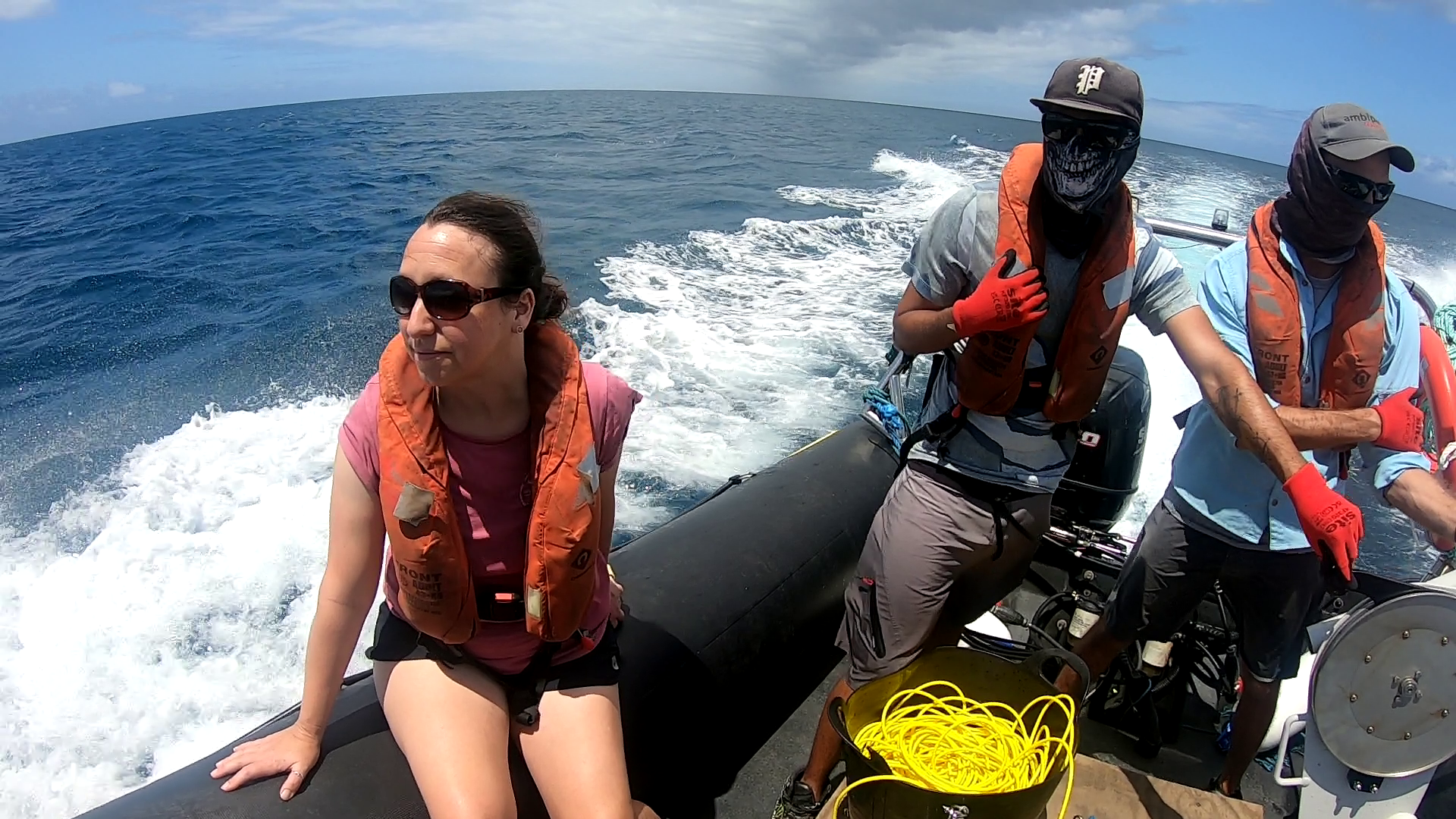
Image caption: Professor Kerry Howell pictured in Ascension Island in December last year (2024), working with the Ascension Island Government to observe life on the seabed from 30 to 100m. Find out more >>
Also, attending the event is PML’s Professor Ana M. Queirós, an internationally recognised expert in climate change ecology who has been leading international efforts on how Marine Spatial Planning (MSP) can be leveraged to advance climate change adaptation and mitigation in the Ocean.
Professor Queirós will be speaking on June 12th on European efforts on Sustainable Ocean Planning – a strategic framework designed to guide the responsible stewardship of national marine areas, balancing economic, social, and environmental sustainability, of which climate change adaptation is a key component.
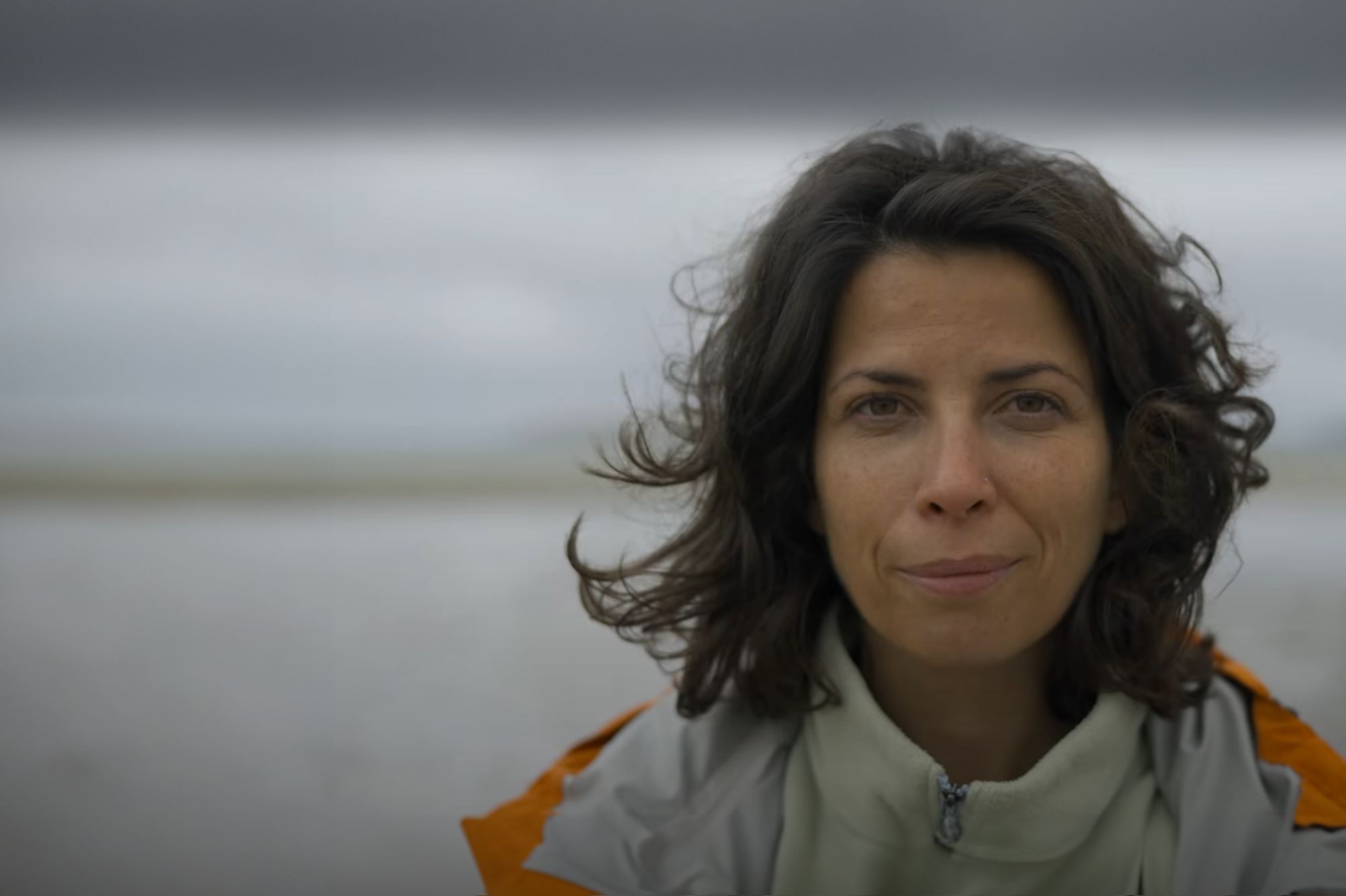
She said:
“As climate change shifts where species and habitats are able to thrive, we need flexible ways to protect and manage our oceans more sustainably, inclusively and effectively. This requires comprehensive involvement of all sectors of the blue economy and society, to co-develop solutions and decision-support tools that address climate change whilst supporting nature and people.
By bringing everyone to the table – from Indigenous Peoples, local fishing communities, science, environmental groups to international leaders – the UN Ocean Conference provides an exciting setting to advance the momentum for Sustainable Ocean Planning that can bring together marine sectors such as offshore industry and conservation into solutions that help meet the challenges of climate change and biodiversity loss.
Climate change is already forcing us to rethink how we use our oceans – we need to make sure we’re managing these spaces in ways that serve multiple needs while preparing for future change.”
Related information
To arrange media interviews or meetings please contact Dan Jones dajo@pml.ac.uk / Kelly-Marie Davidson kdav@pml.ac.uk
For a full list of the PML delegation and more information on the event visit: 2025 UN Ocean Conference – Plymouth Marine Laboratory
Professor Kerry Howell brings extensive experience in sustainable deep-sea ecosystem management. Her research has been instrumental in designing national and international marine protected area networks, including the creation of reliable habitat maps and population connectivity models. Her current work focuses on automating biological observations through image-based methods to generate the comprehensive data needed for more reliable biodiversity distribution models.
Professor Ana M. Queirós, is an internationally recognized expert in seaweed blue carbon and climate change ecology, who has been leading the co-development of ocean management policies that promote climate resilience in marine conservation and spatial planning. Ana’s work has informed the siting of Marine Protected Areas and Marine Spatial Plans in the UK and beyond, and she is leading the application of Artificial Intelligence to help Ocean policy-makers make climate-smart, economically viable and socially just decisions into the future.
